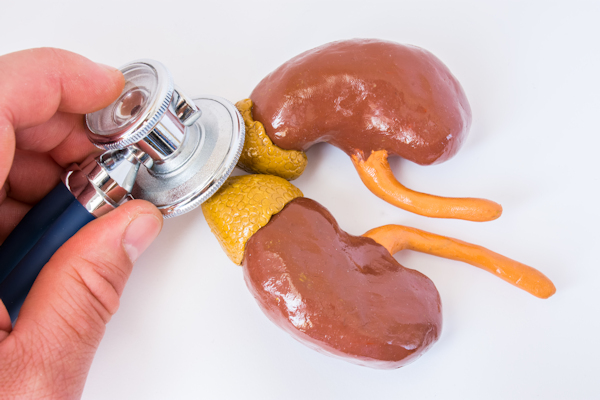One day I noticed my daughter was watching a reality television show about high school students. The lack of respect that many of them showed towards other students was stunning. What was even more disconcerting was their lack of awareness that the people they were taunting and verbally abusing had the same range of feeling they did; wanted to be accepted and valued as they did; and wanted to belong within their peer groups, just like they did.
The main theme of the program was having a facilitator come into the school and educate the verbally abusive students on the basics of how to have appropriate relationships. It was portrayed that these young people had never seen respect or compassion modeled for them at home. They were not “aware” that other students, young people like themselves, had essentially the same need to belong and the same feelings and desires that they did.
My daughter commented that it was obvious that these insensitive high school students were suffering from low self-esteem to be treating other people that way. This started a conversation about “where do we develop healthy self-esteem from” and why do some people develop it easily and others not at all.
Self-esteem is so intimately connected to whole health and how we treat ourselves; which is also connected to how we treat others. The role of a patient advocate is to instruct a patient on “how to be in the world” and to provide the training, if you will, to have the skills, tools and awareness to develop a strong sense of self and self esteem.
“Roots and wings” was the expression many years ago, which refers to the stability, discipline and security that allows us to go out into the world and have the confidence in ourselves to “spread our wings” and fly.
As parents we have the profound responsibility of modeling to our children what they need to learn to be both healthy and happy. Children learn with their eyes, their ears, and their hearts. It really does not matter what we say to our children, or what we say to others, it is what we do that counts. When we take the easy way out as parents and do not provide our children with a strong example and foundation of learning responsibility, integrity and how to respect others, we fail them and we hurt them.
To educate our children to be healthy and happy we must advocate the number one rule of liking themselves, which leads to liking others: When our behavior is congruent with our values, with what we know intellectually and intuitively is right and good, we like ourselves. When our behavior goes against our values and what we know is the right way to behave, we have low self-esteem. We don’t like ourselves when we behave in a way that directly or indirectly hurts ourselves and others.
I remember talking one time with one of my children who was complaining that they “didn’t like themselves.”
I asked them an appreciative inquiry question: “Do you think that feeling might come from something you know about yourself that the rest of us don’t?” Several days later he shared with me that it “was one of the best questions anyone had ever asked him” and that it helped him to stop doing something that he felt really bad about doing.
This is a question to ask ourselves and to model to our children, who learn more from our non-verbal communication than anything we might “tell” them about how to live a happy life and support their own whole person health.
For more whole health discussions, listen to Dr. Georgianna Donadio’s radio show Living Above The Drama.



